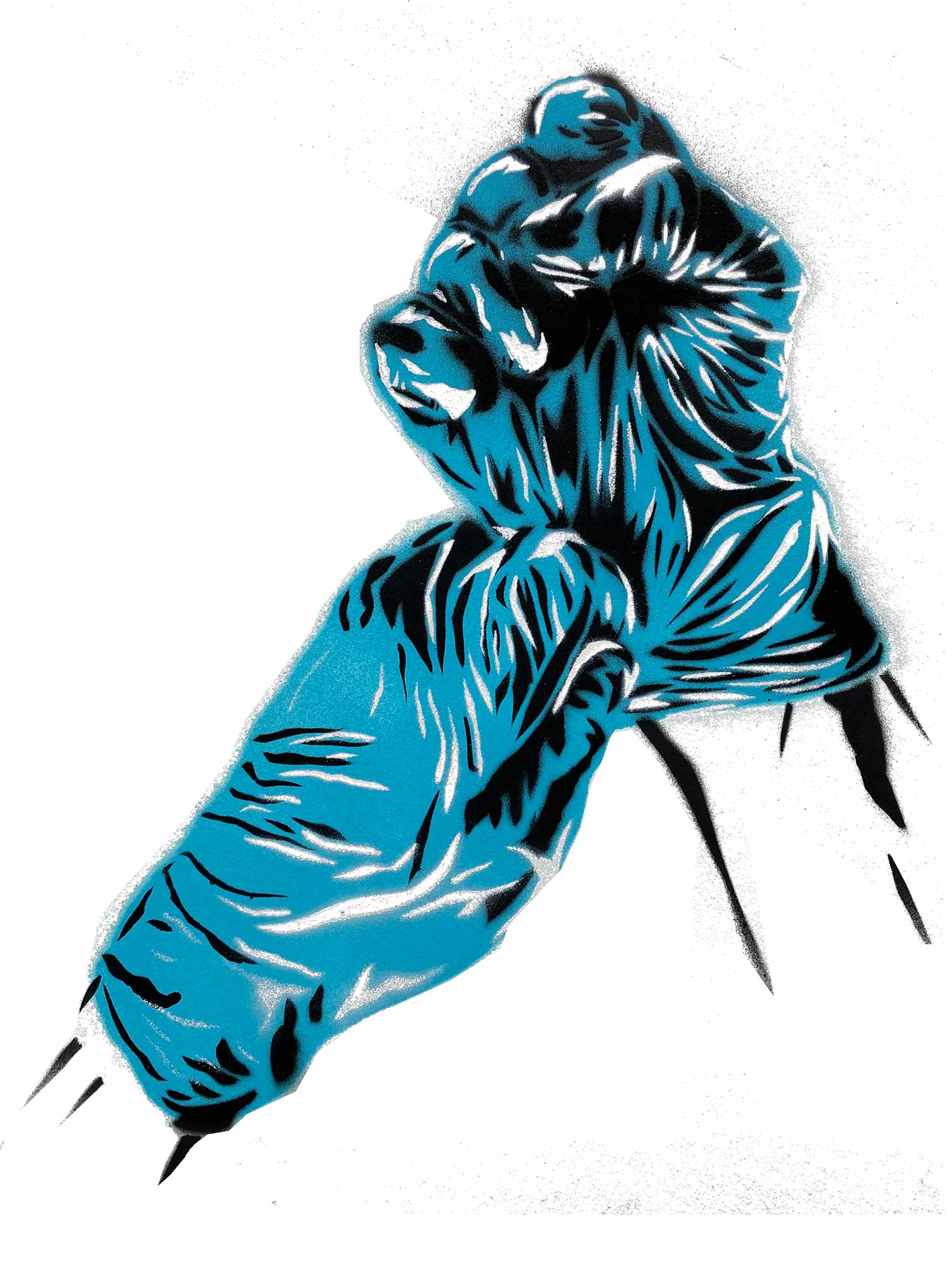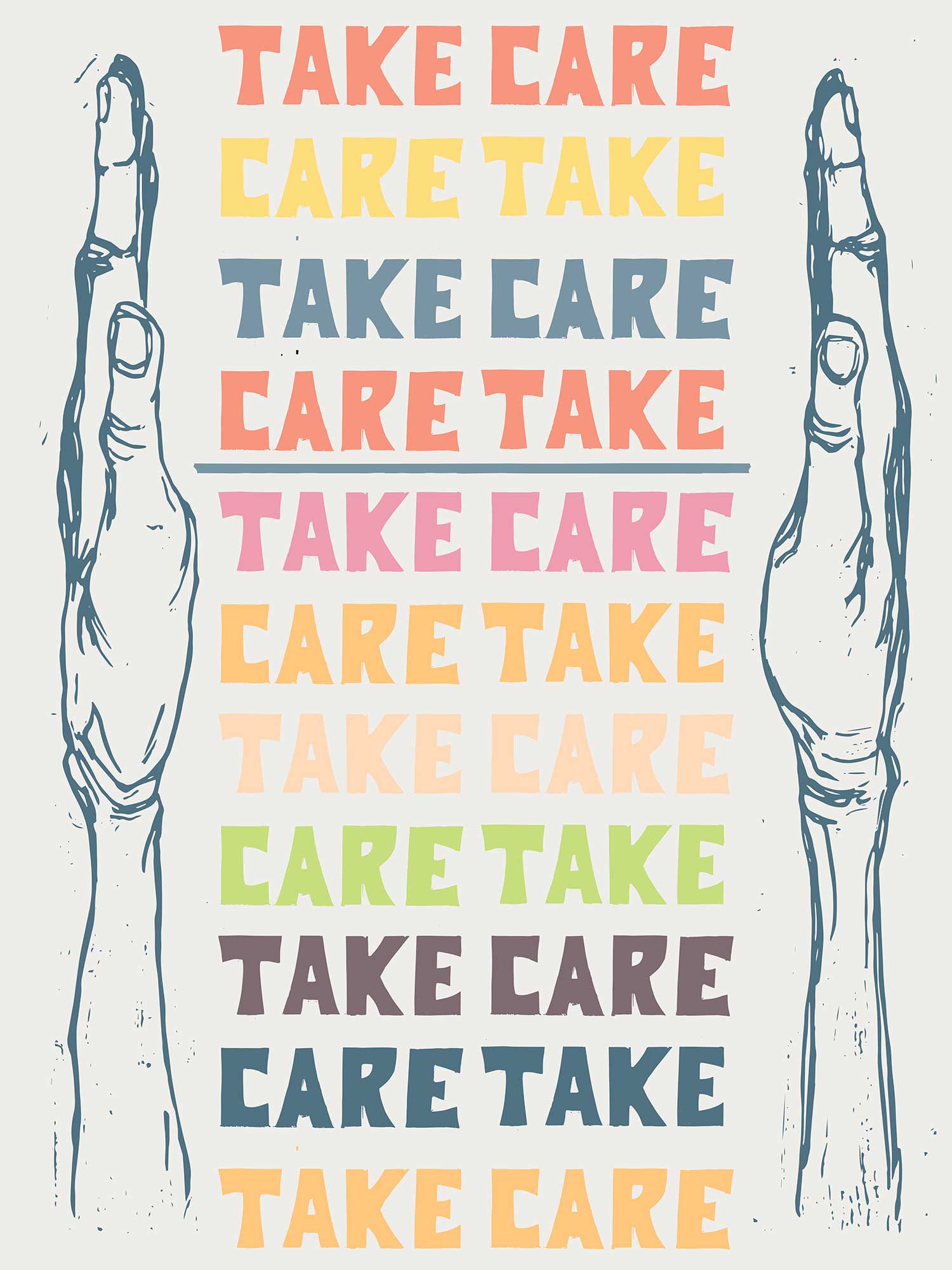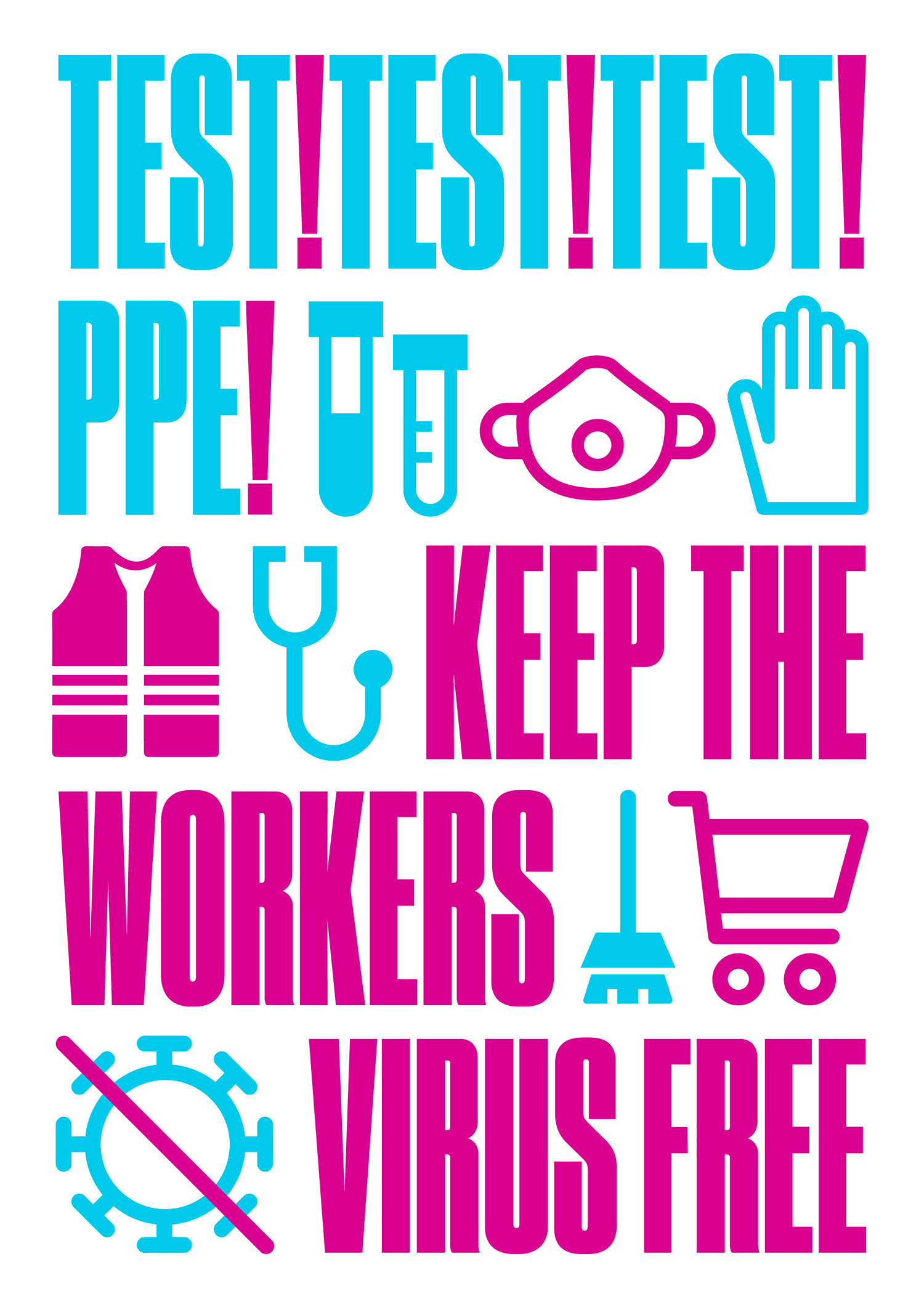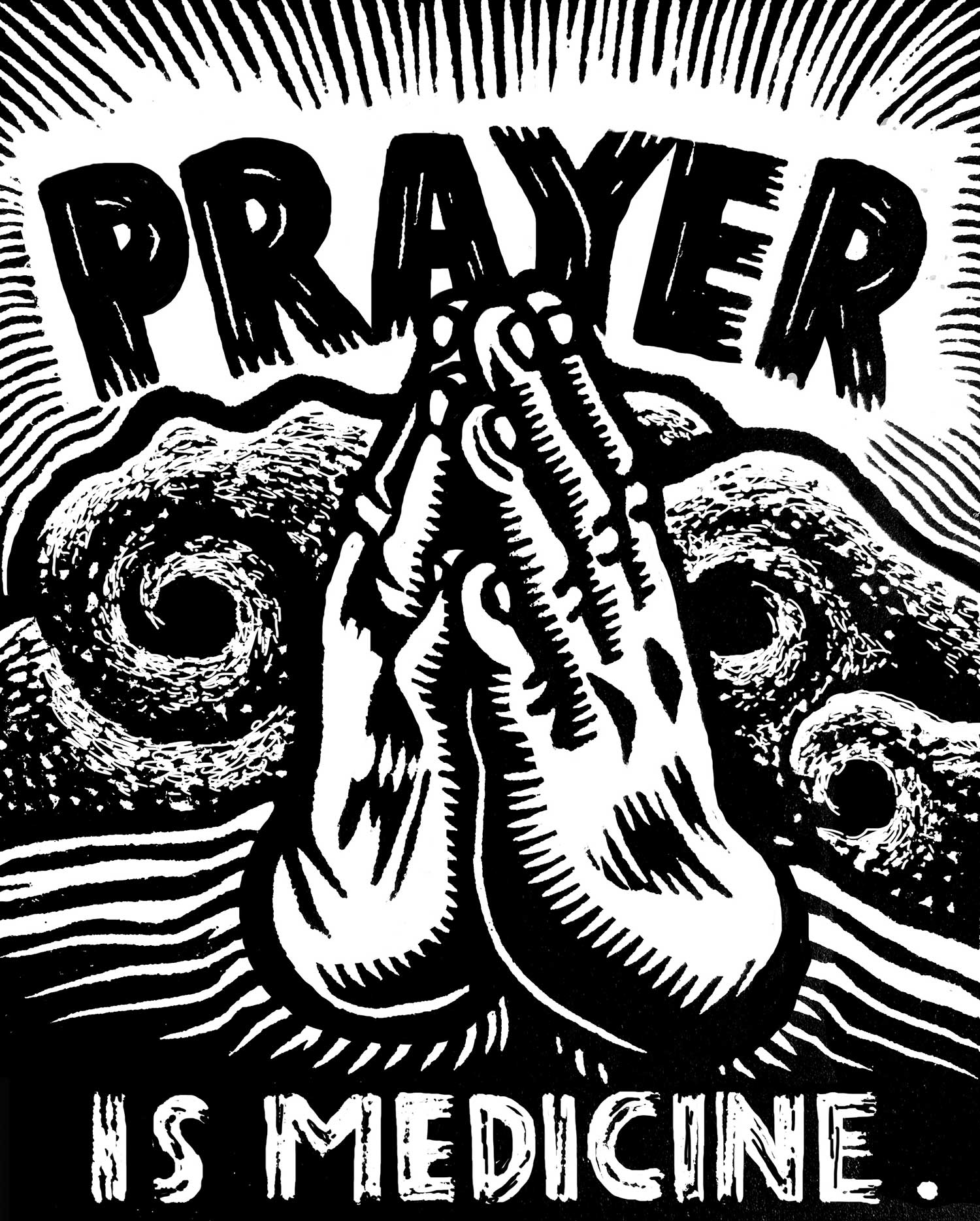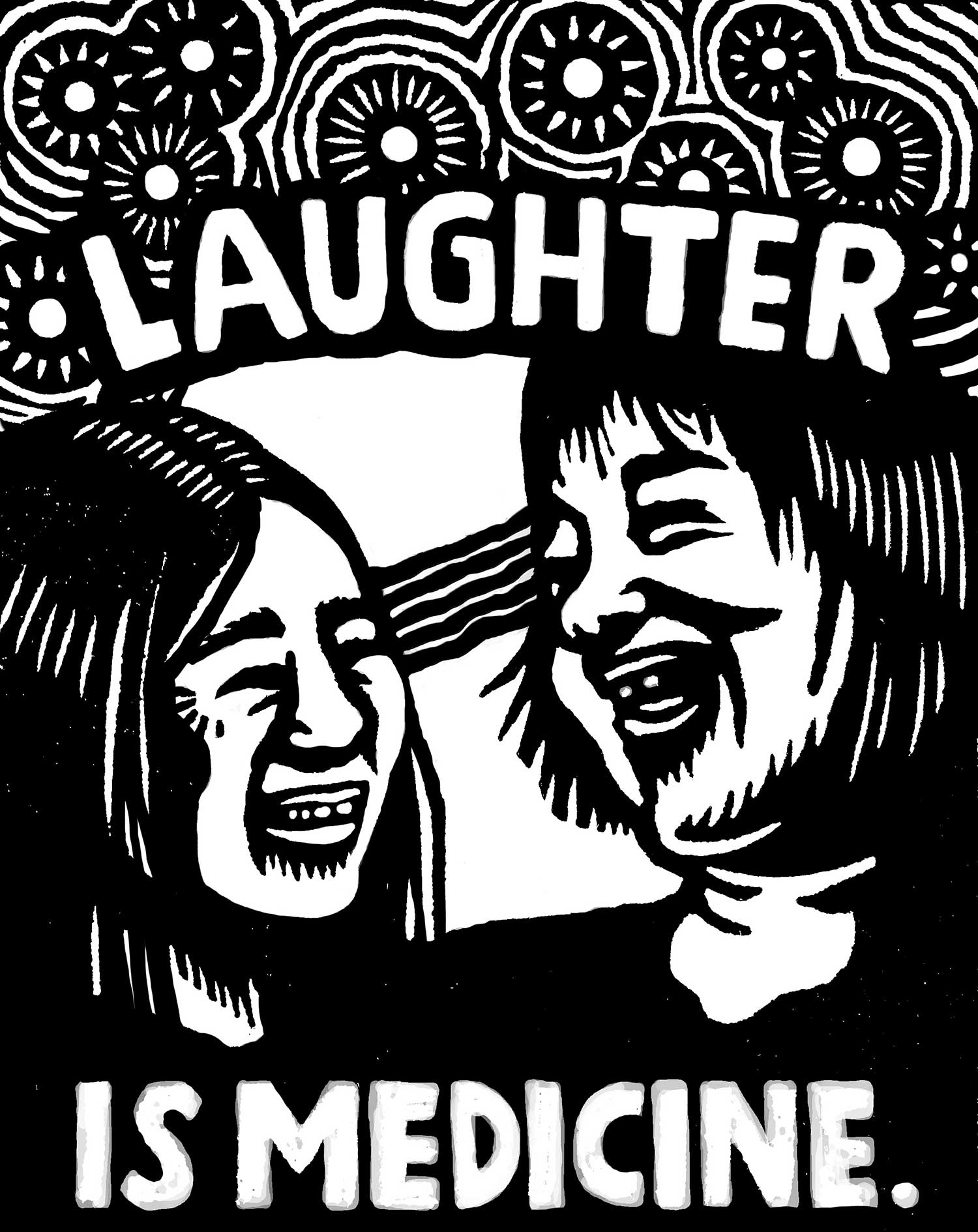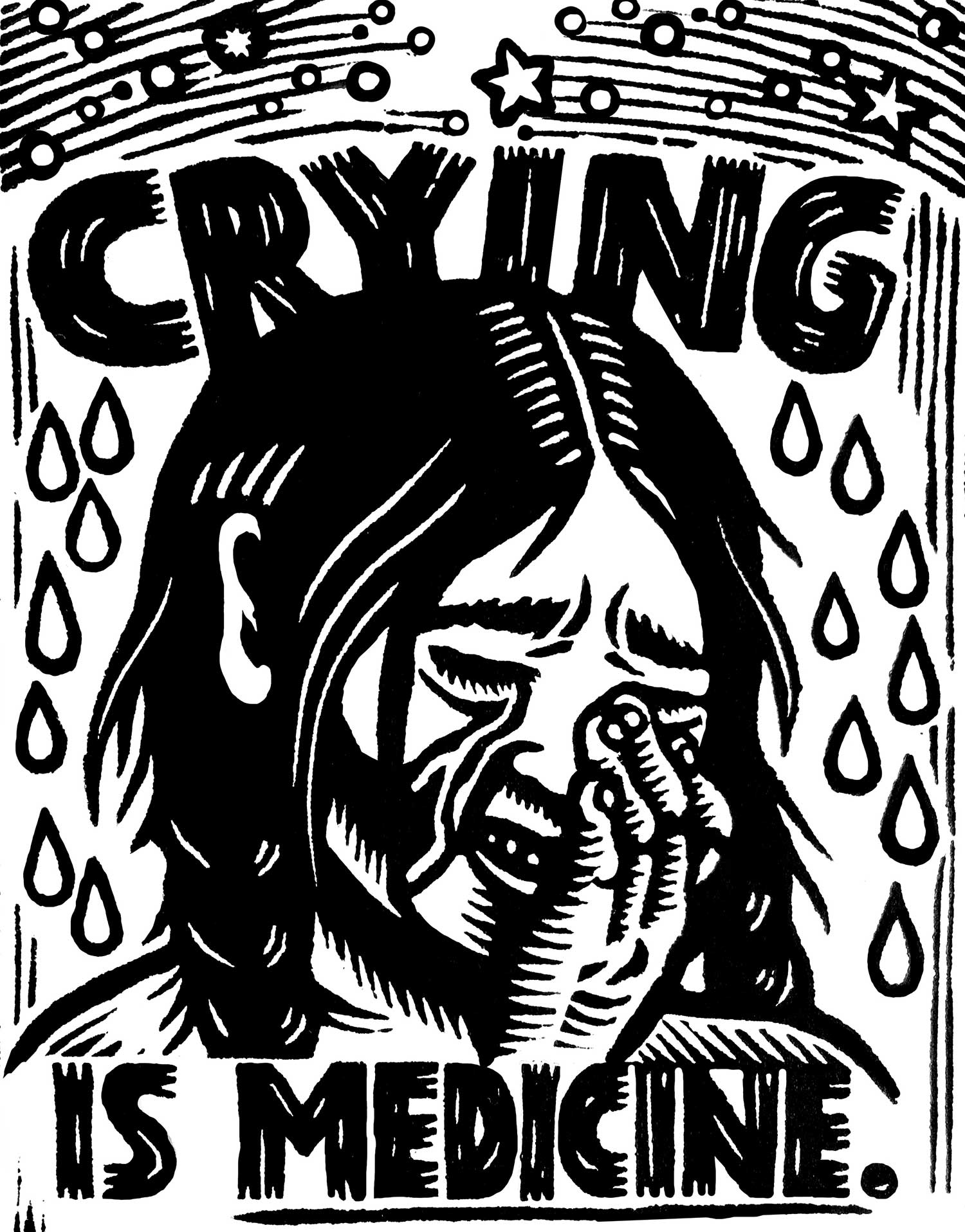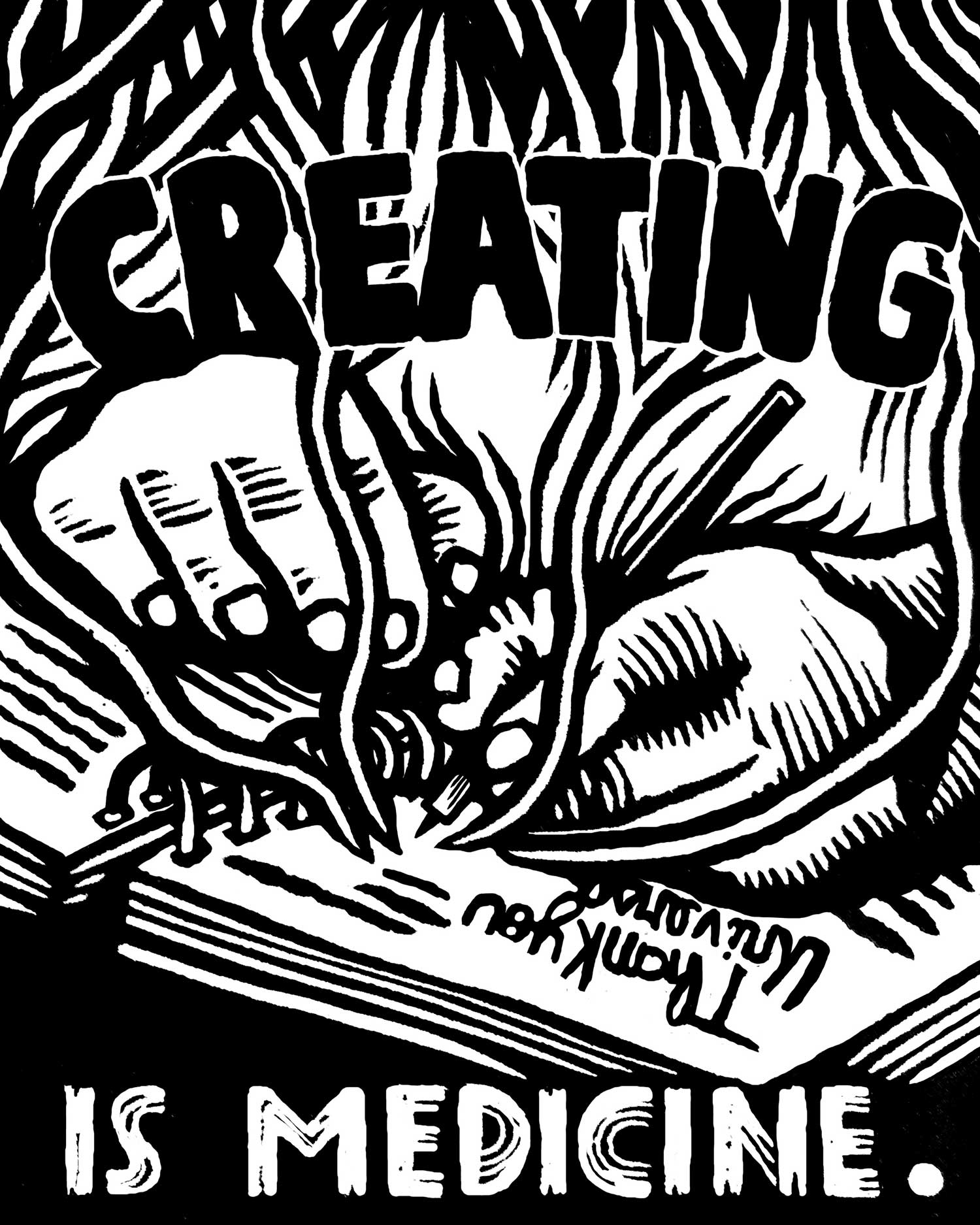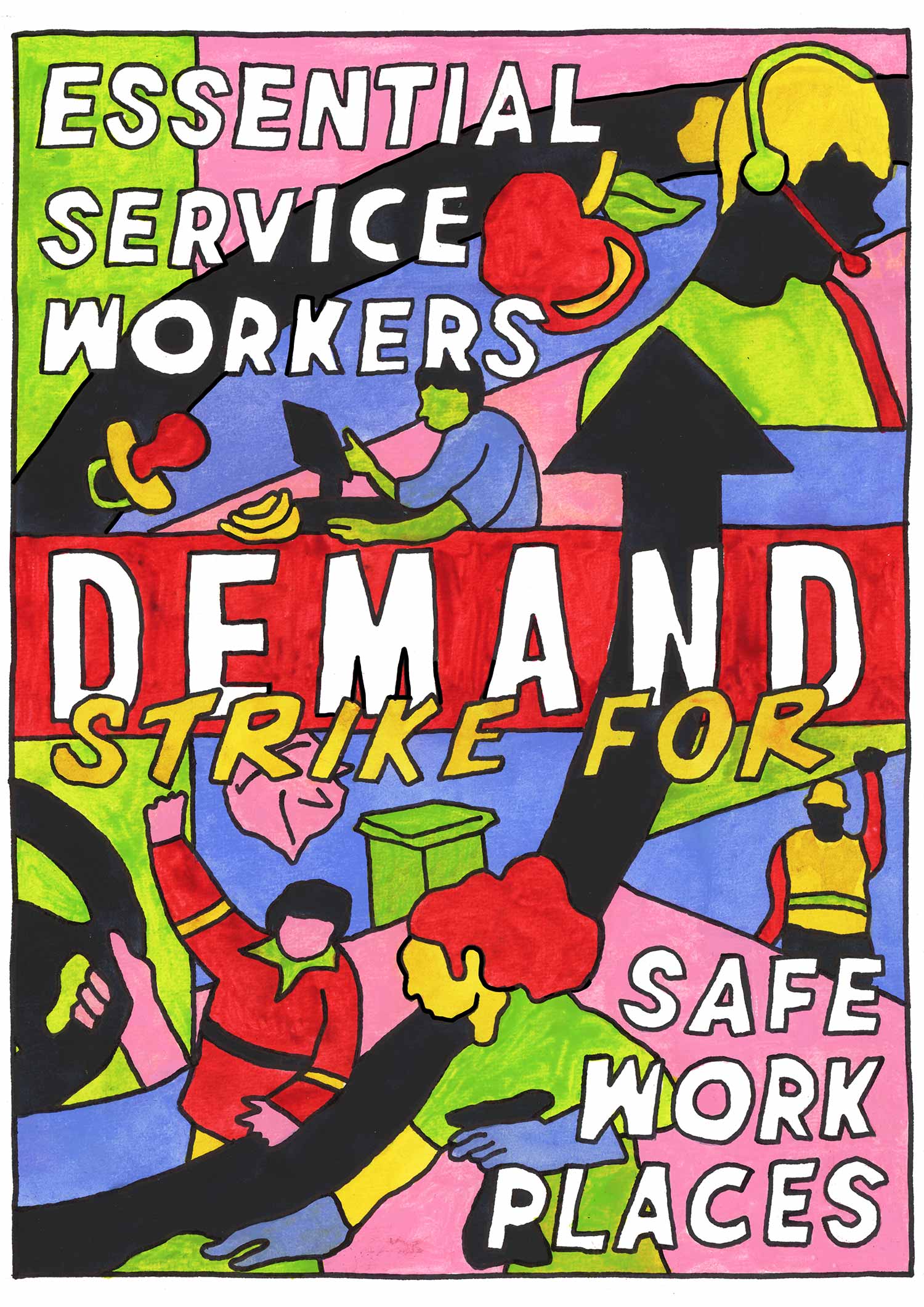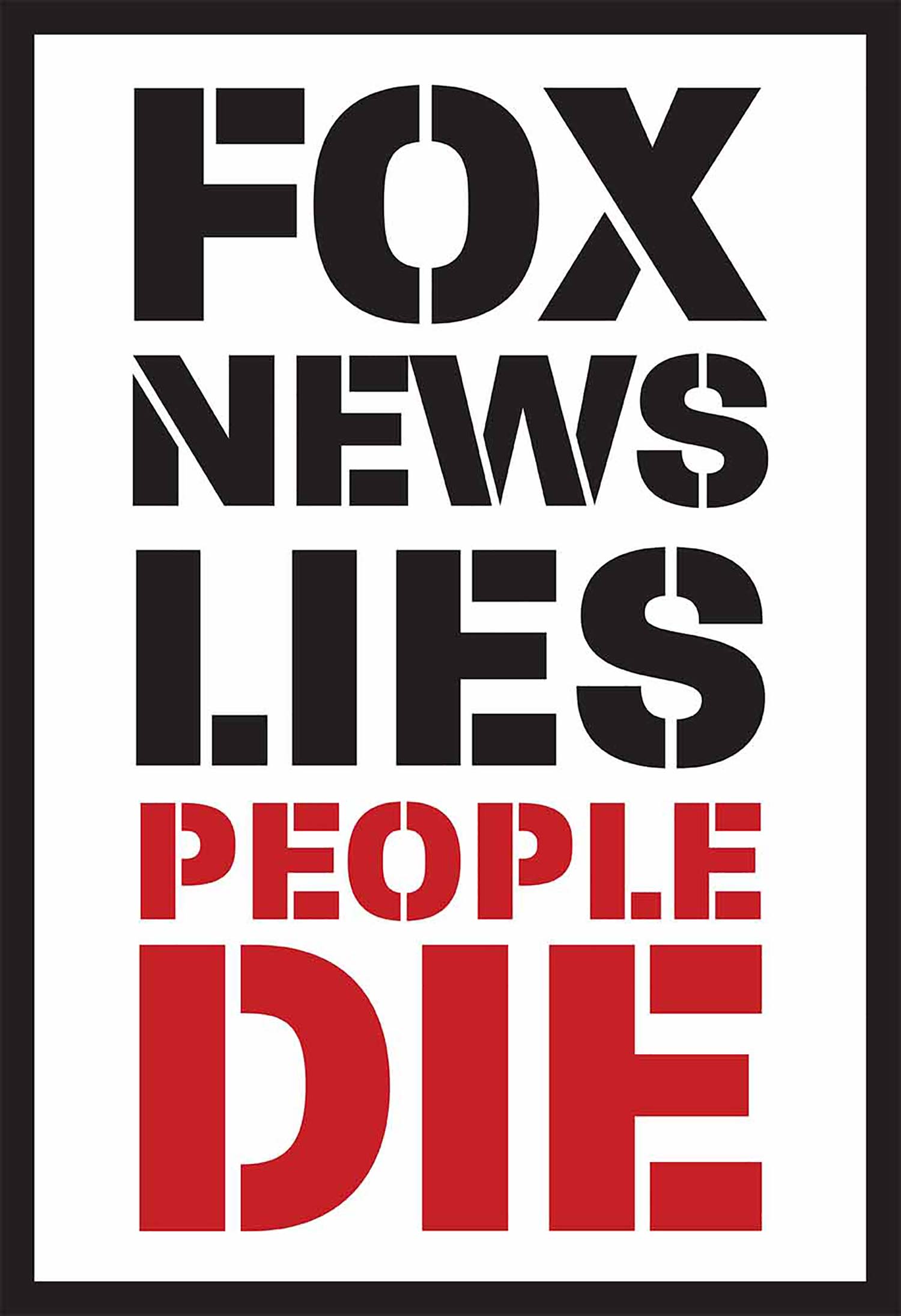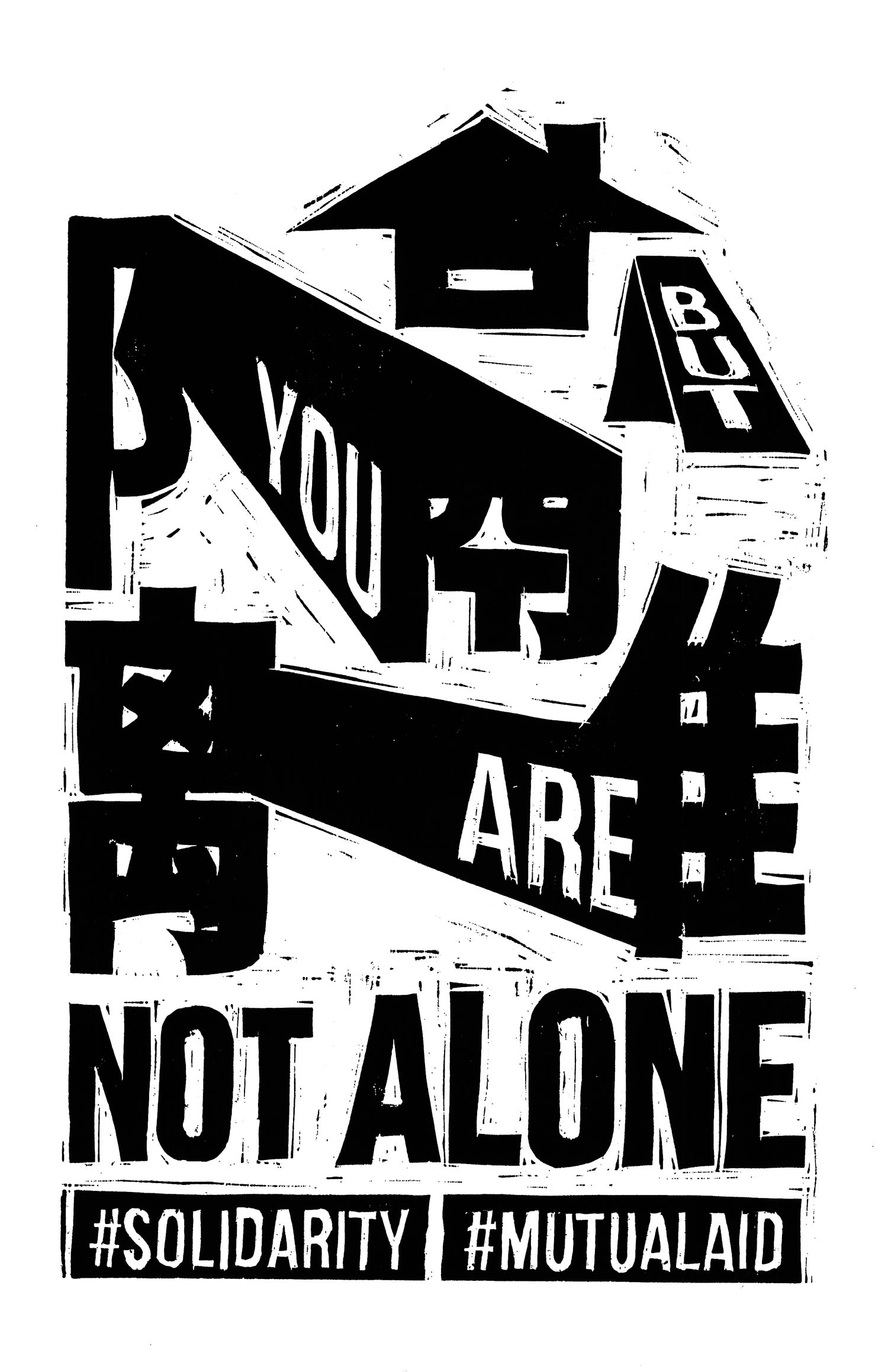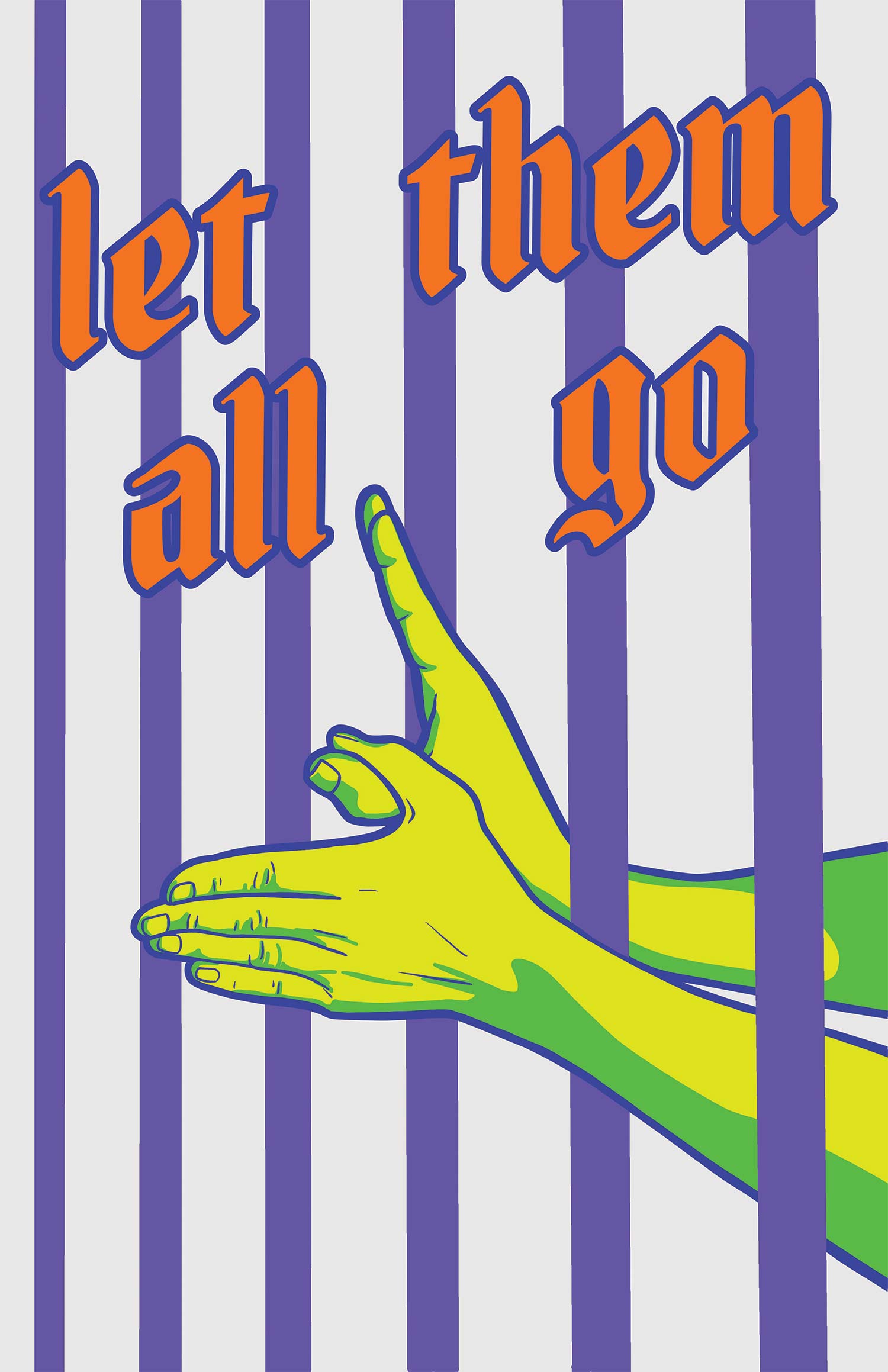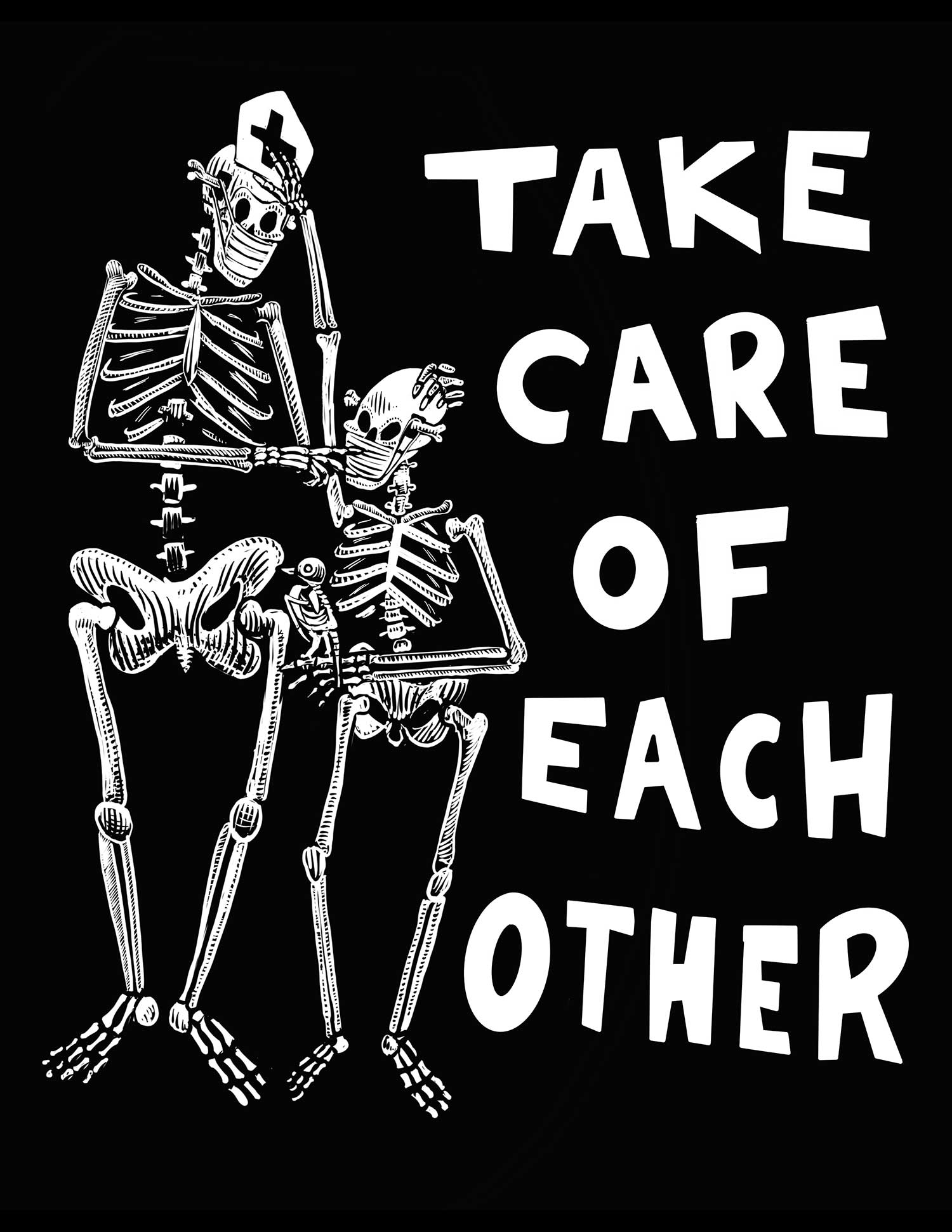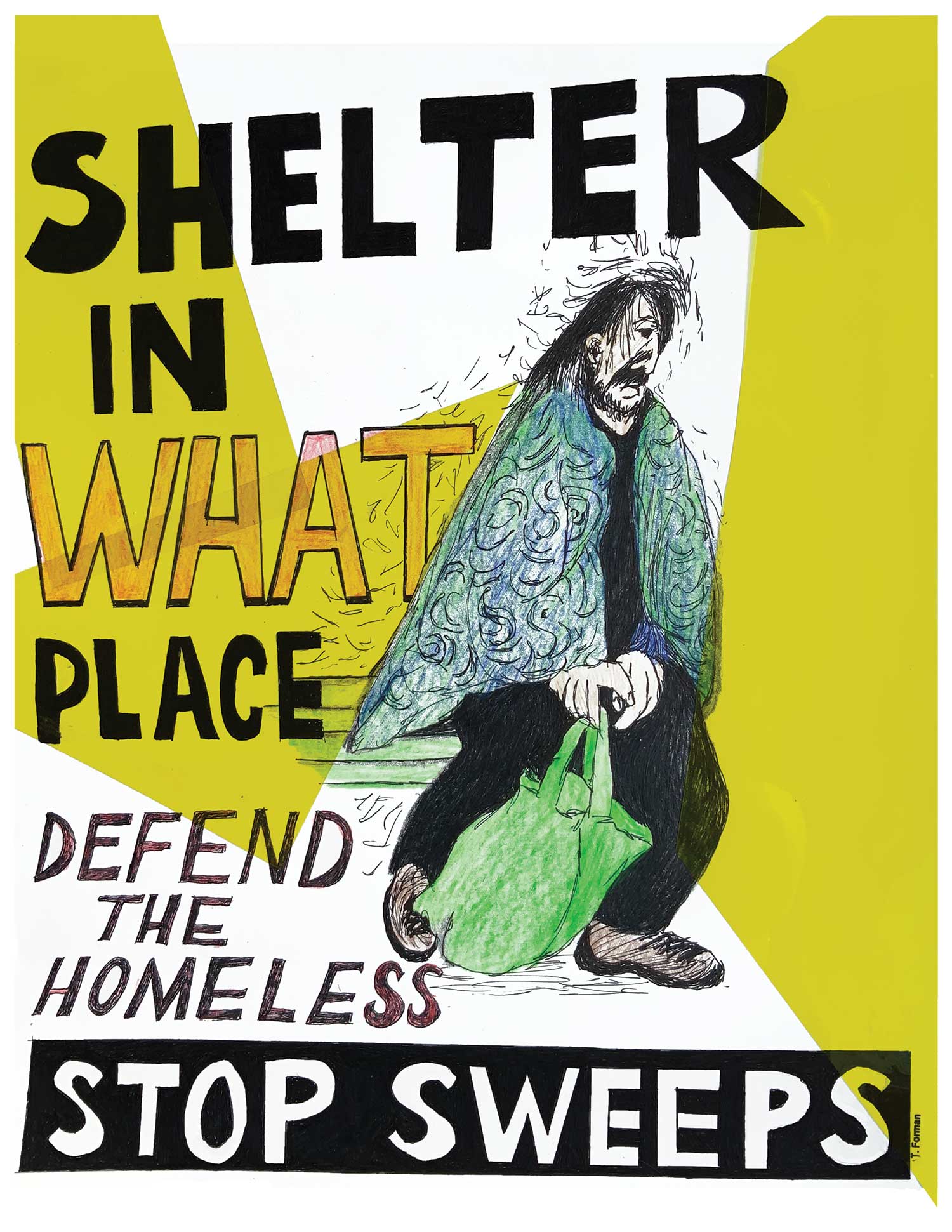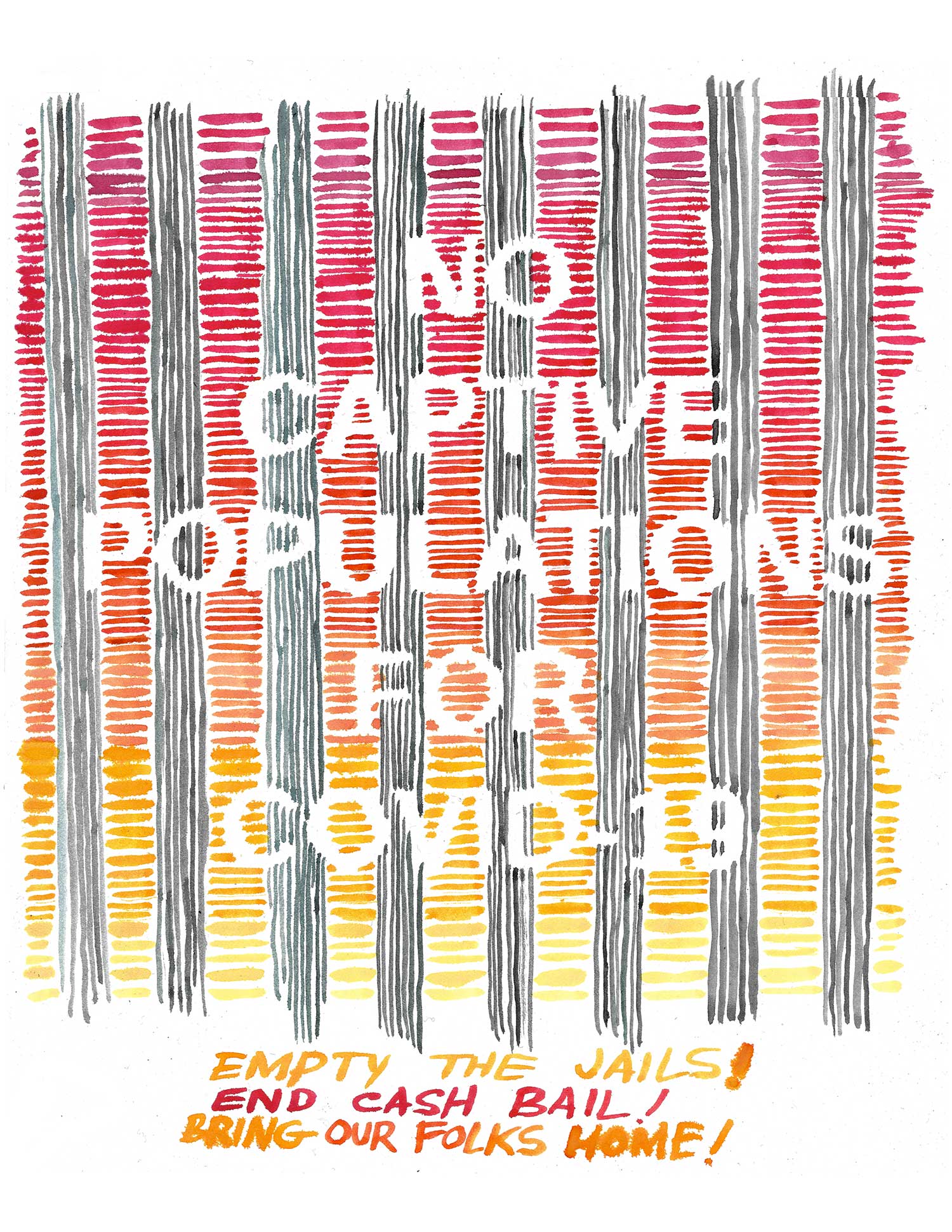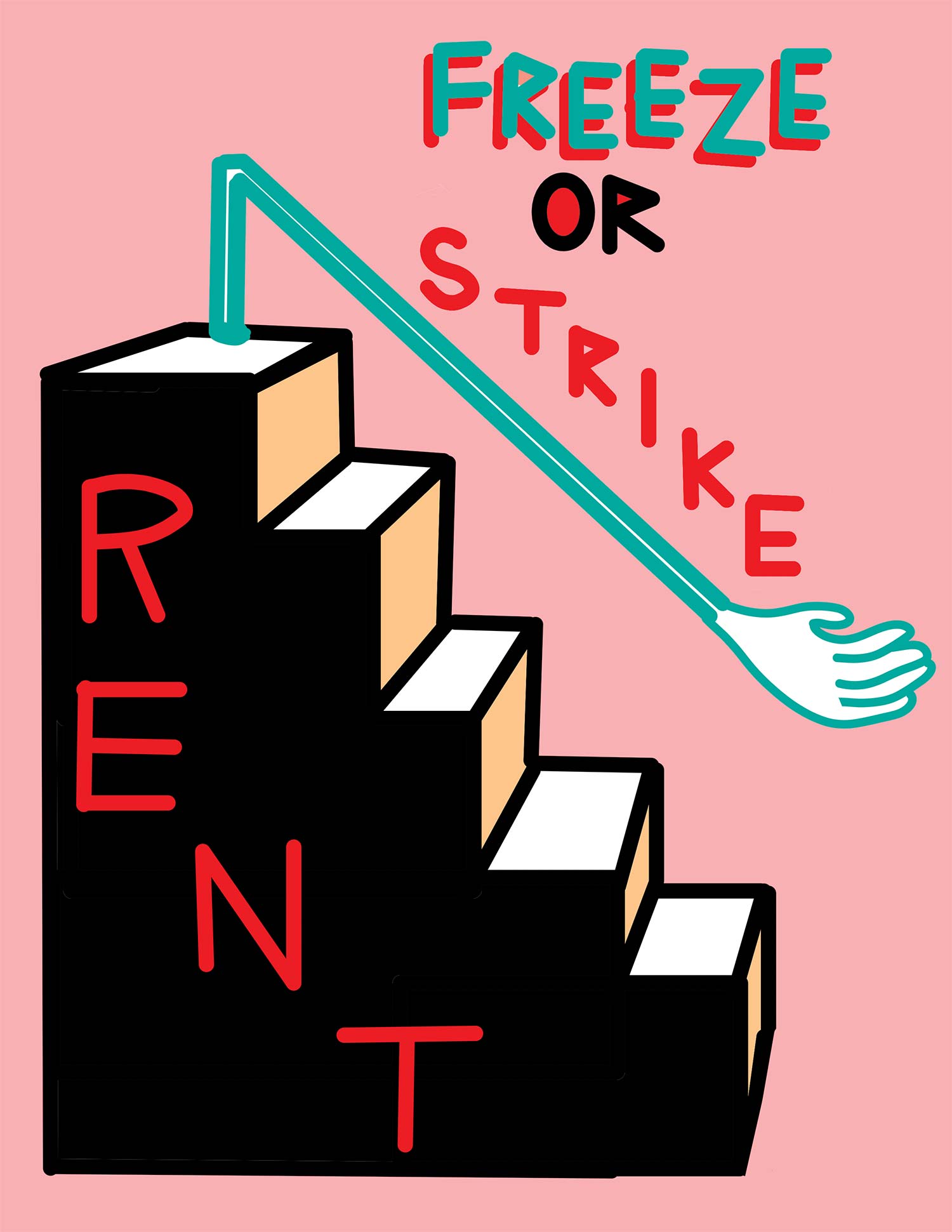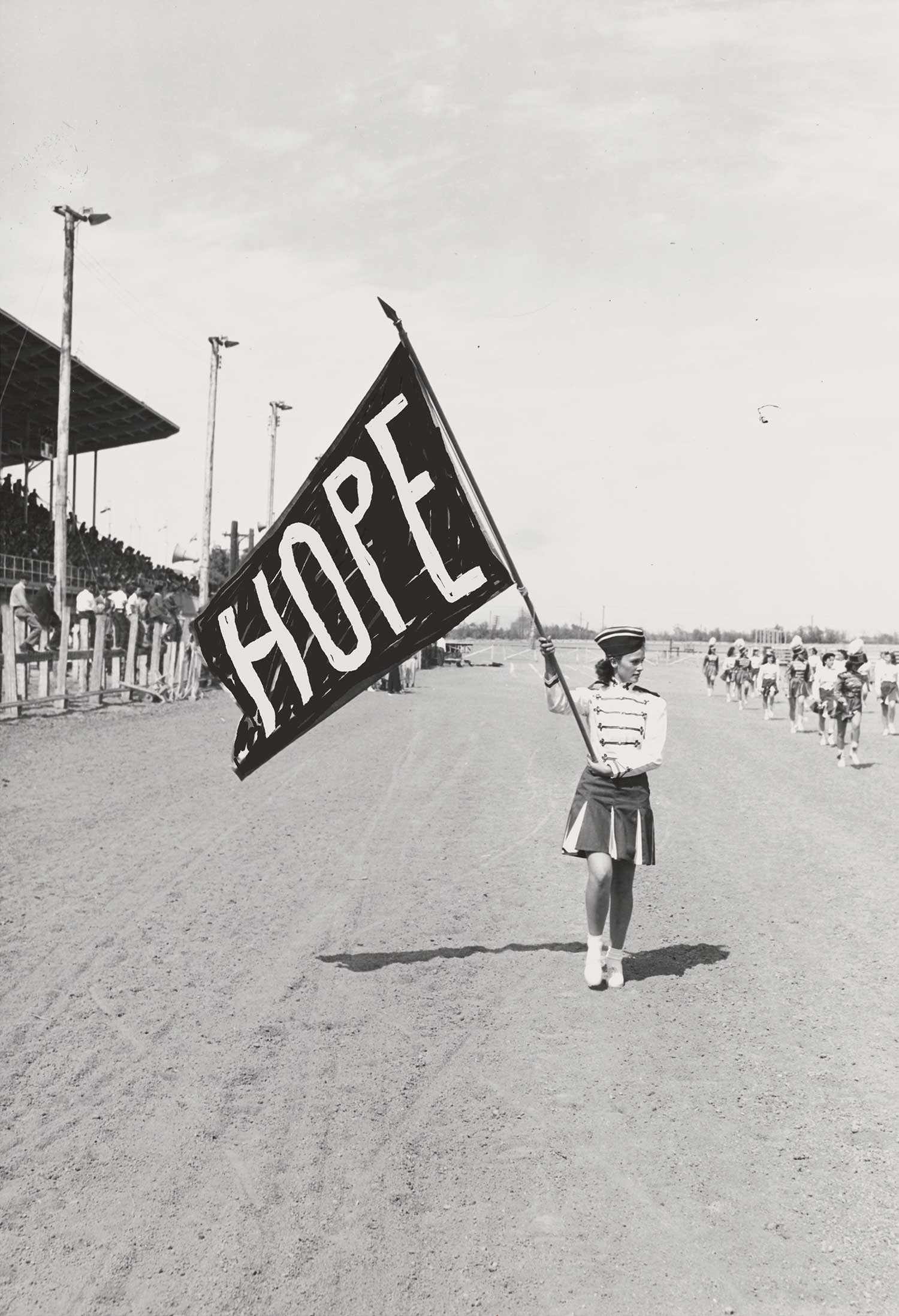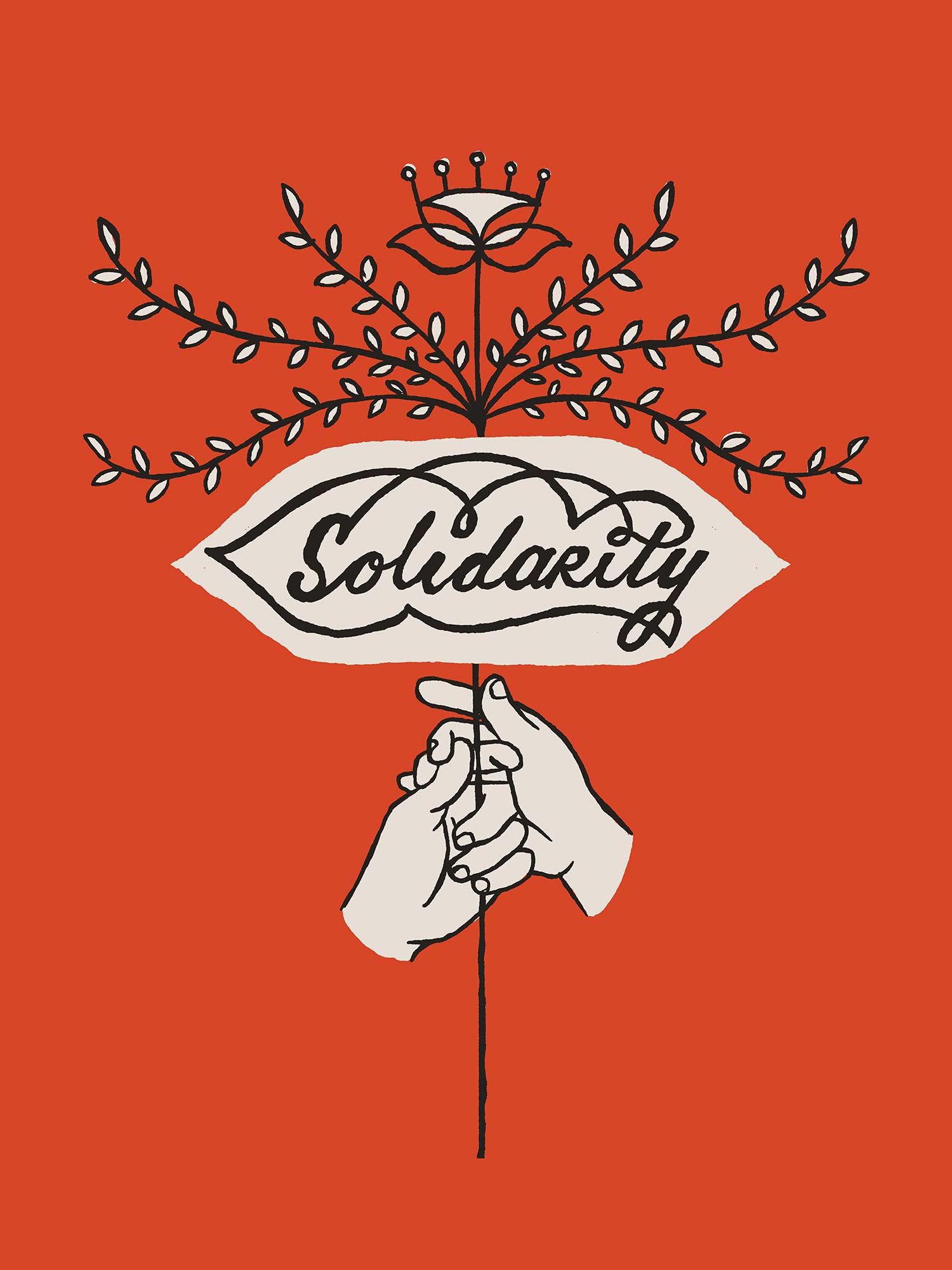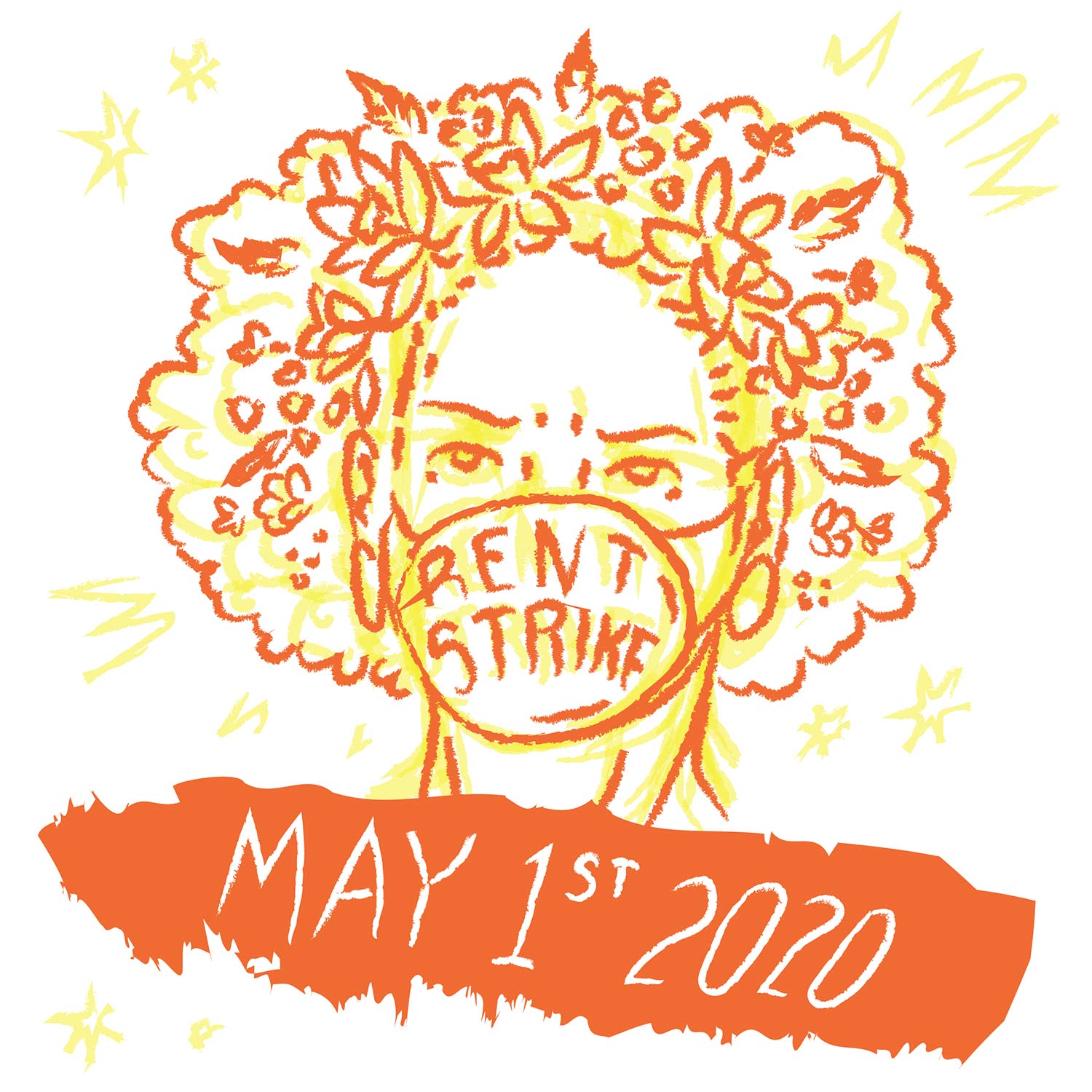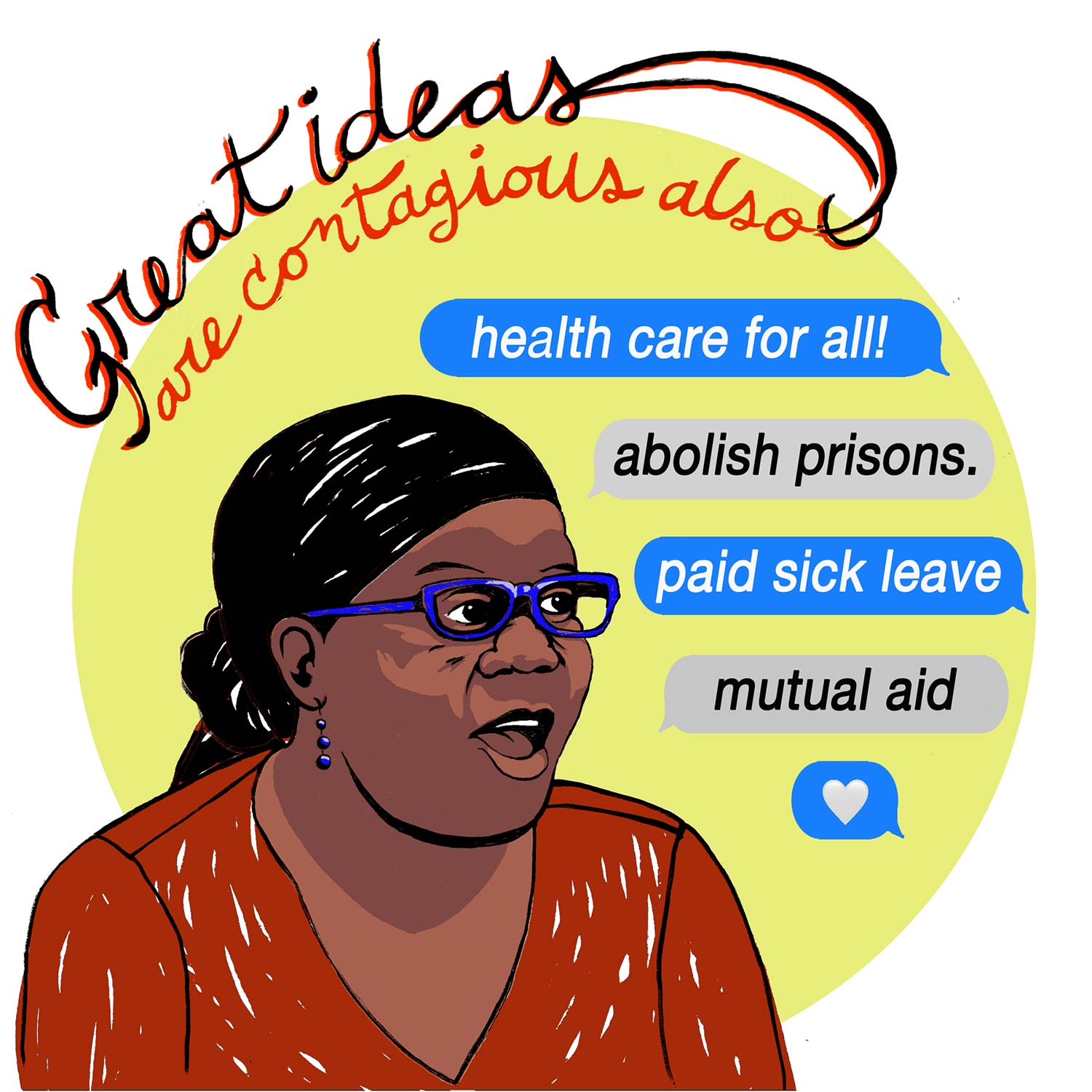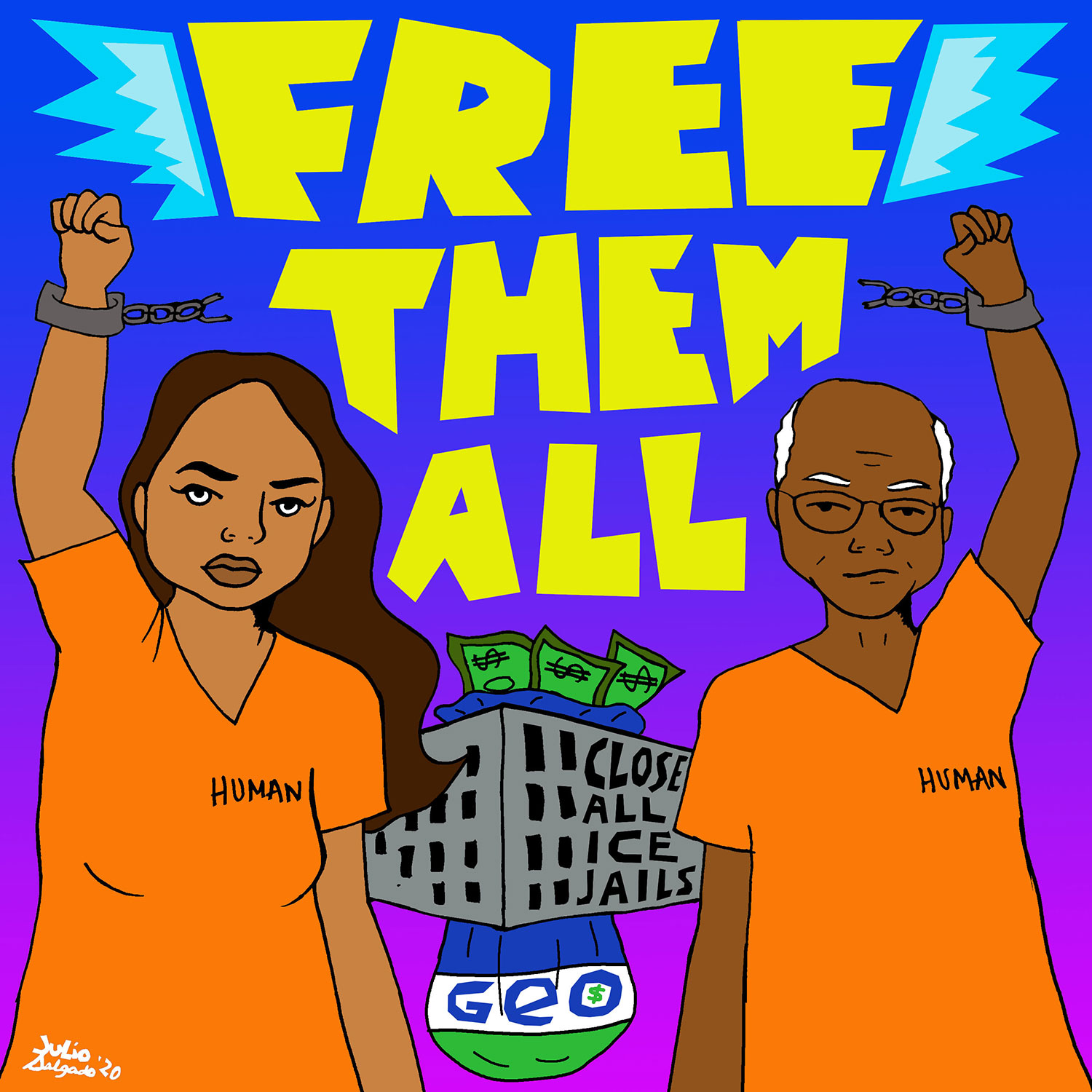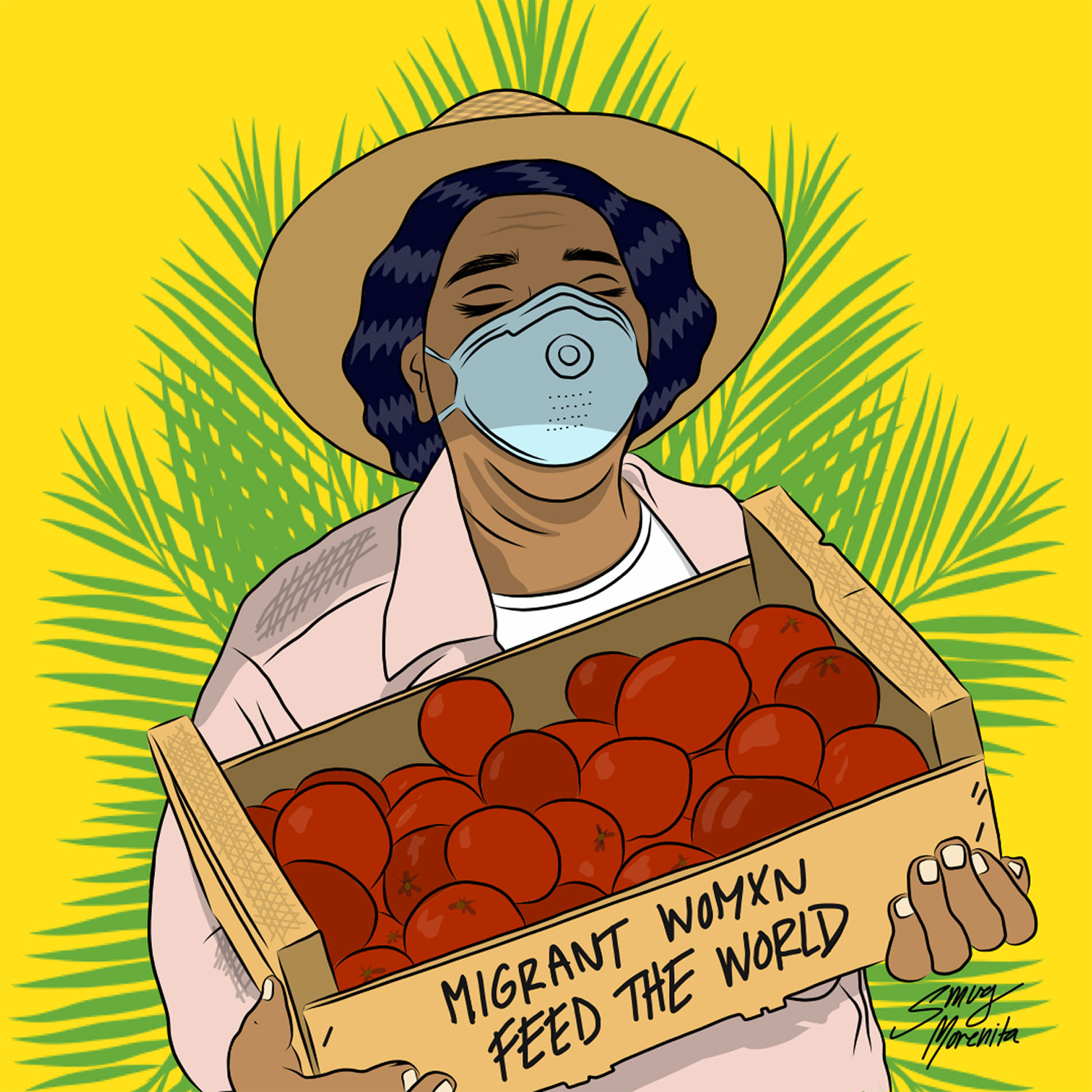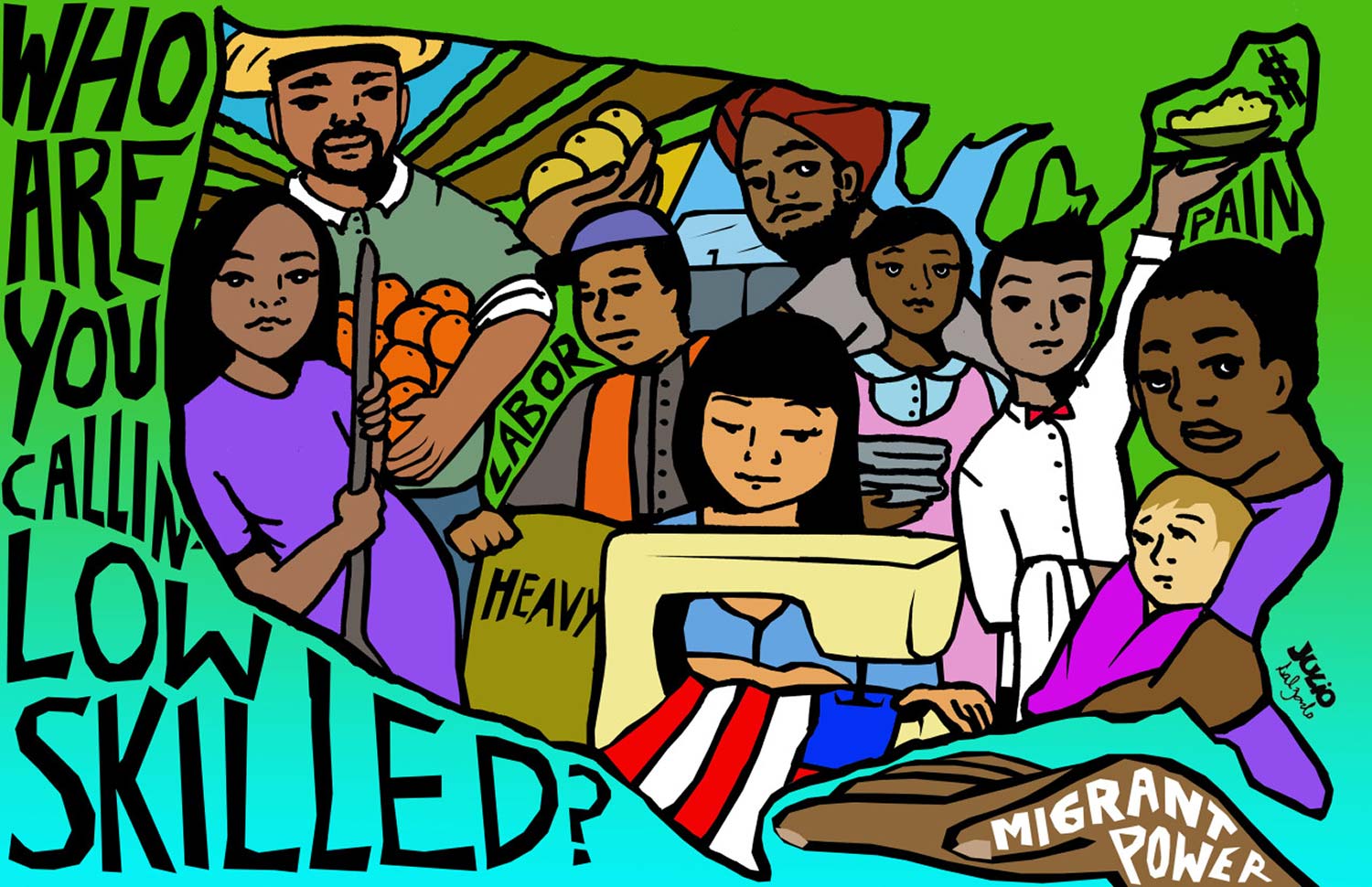On Tuesday 14 April President Trump announced he would suspend the U.S. contribution to the
World Health Organization (WHO), allegedly for its slow response to the coronavirus and obeisance to China.
This was a monstrous act even by Trumpian standards.
The WHO was founded as the UN global health body in 1948 in the aftermath of the second world war with a mandate to
promote global health, protect against infectious disease and to serve the vulnerable. Despite its
chronic underfunding, the WHO’s global coordination, facilitation and assistance roles are essential to combatting the global COVID-19 pandemic and the irony of a President – who has led one of the least coordinated responses of any developed country – dismissing its importance is on display for all who care to see it.
There was immediate pushback against both the substance of Trump’s anti-WHO tirade and the timing of the funding cuts.
Editor-in-chief Richard Horton, of the highly respected Lancet Medical Journal, explains on radio (a transcript of which can be
seen here) why he dubbed Trump’s WHO defunding a “crime against humanity”:
What I think needs to be made very clear is he’s committed an act of violence against people around the world. We have 215 countries, regions and territories that have been affected by this pandemic. People are dying worldwide.
Horton also refutes the argument that the WHO was party to a Chinese cover-up of the outbreak and failed to take timely action:
There was a degree of hiding the outbreak in those early stages [by local officials in Wuhan] but eventually the news got through to Beijing and Beijing immediately told WHO on December 31st and after that the WHO in Geneva and the Chinese government worked incredibly hard to sequence the virus, to understand the nature of what this outbreak was, to understand the risk, and then write papers to tell the world….
On January 30 a situation of international concern was declared. So within a month the world went from knowing nothing to declaring a public health emergency of international concern. That’s not a cover up.
Many
critics also saw other motivations at work. Professor Thomas G. Weiss, author of “Would the World Be Better Without the UN?” and the co-editor of the Oxford Handbook on the United Nations (2018), writes:
The actual explanation for depriving the organization of 22 percent of its resources at this critical juncture was that the WHO is a convenient scapegoat for his own slow and ineffective responses to what he earlier had called a “hoax.” …
Trump’s decision was a device to deflect criticism from his own wildly irresponsible and erratic behavior. Earlier targets had included the media, Democrats in Congress, state governors and Barack Obama. Trump’s vilification of the WHO is part of his systematic attack on what he considers the uselessness of international organizations.
UN Secretary-General responds
In his characteristically diplomatic – but emphatically clear – style, UN Secretary-General António Guterres
embraced the need for a
global performance review at the appropriate time while underscoring the WHO’s essential role
right now in fighting the pandemic:
Once we have finally turned the page on this epidemic, there must be a time to look back fully to understand how such a disease emerged and spread its devastation so quickly across the globe, and how all those involved reacted to the crisis. The lessons learned will be essential to effectively address similar challenges, as they may arise in the future.
But now is not that time.
As it is not that time, it is also not the time to reduce the resources for the operations of the World Health Organization or any other humanitarian organization in the fight against the virus. As I have said before, now is the time for unity and for the international community to work together in solidarity to stop this virus and its shattering consequences.
Trump is isolated from rest of G7 Leaders over WHO
On Thursday 16 April, the leaders of the
G7 countries (Canada, France, Germany, Italy, Japan, the United Kingdom and the United States) held a virtual summit by teleconference where Donald Trump
found himself isolated, as the other leaders expressed strong support for the World Health Organization.
There is a need for international coordination and the WHO is an important part of that collaboration and coordination. We recognise that there have been questions asked, but at the same time it is really important we stay coordinated as we move through this. That is certainly what Canada is going to do.
German Chancellor Angela Merkel,
through her spokesperson, “expressed her full support for the WHO”, while French President Emmanuel
Macron said the organization must play a “central role” as part of an “ambitious and coordinated international response” to the virus crisis; and stressed the need to bring “massive aid” to the most vulnerable countries, especially in Africa.
The Italian foreign ministry said it was committed to consolidating a global governance of health care “in which the WHO plays a crucial leadership role” while a
separate statement from the French, Italian and German foreign ministers highlighted the need for
new contributions to the WHO for research and distribution of a vaccine “for which a global, inclusive effort will be necessary.”
The German Foreign Minister Heiko
Maas went so far as to compare the funding cut to “throwing the pilot out of the plane in mid-flight.”
Health Experts condemn Trump’s action
Health leaders and experts, less burdened by the constraints of political leadership in the time of Trump, were more direct in their denunciations of Trump’s actions:
- Lancet editor-in-chief Richard Horton (cited earlier): this is a “crime against humanity”
- Lawrence Gostin, a global health law expert from Georgetown university: “there’ll be many more deaths” without a WHO that’s empowered;
- Thomas Bollyky, the director of the Global Health Program at the Council on Foreign Relations: “The president’s decision makes Americans less safe, let’s be clear about that”;
- American Medical Association President Dr. Patrice Harris: halting funding “is a dangerous step in the wrong direction that will not make defeating COVID-19 easier.”
Microsoft co-founder and billionaire philanthropist Bill Gates tweeted:
Their work is slowing the spread of COVID-19 and if that work is stopped no other organization can replace them… The world needs @WHO more than ever.
Conservative Party interim Leader Andrew Scheer sides with Trump
There is shameful, though perhaps not unsurprising, Canadian exception to the outpouring of support for the WHO in the wake of Trump’s unconscionable funding freeze. Andrew Scheer, interim leader of the Conservative Party of Canada
echoed Trump’s attacks:
We’ve got serious concerns about the accuracy of the information coming out of the WHO and it’s incumbent upon this government to explain why they have based so many of their decisions on the WHO….
An example of alleged WHO incompetence cited by Scheer was the change in advice over the advisability of face masks being worn by the general public. This example reveals more about Scheer that he might realize. Rideau Institute President Peggy Mason comments:
One of the challenges the WHO and individual governments alike face throughout the pandemic is that of maintaining public confidence while conveying updated advice in light of constantly evolving data and information on the behaviour of the coronavirus, and the utility of various measures. Either Andrew Scheer does not understand this balancing act or he does not care.
We also feel compelled to note, with great concern, that the
CBC online article outlining Andrew Scheer’s critique of the WHO made no ascertainable attempt to balance his accusations with readily available information on the WHO “side” of the story.
Whither Canada?
We commend Prime Minister Justin Trudeau for joining with other G7 leaders in support of the WHO and its vital role in confronting the pandemic. We call for that support to include appropriate additional funding.
We unreservedly condemn the Interim Leader of the Conservative party of Canada, Andrew Scheer, for joining in Donald Trump’s monstrous attack on the World Health Organization in the middle of a global infectious disease outbreak.
Postscript: Longer-term Impact on USA itself of WHO funding cuts
If the USA is indeed concerned about China exercising too much influence over the WHO, then reducing its own role by slashing funding would seem a strange way to proceed. Amanda Glassman, of the Washington-based Center for Global Development
goes further:
We need the WHO in lots of different ways. We’re able to have access to strains of flu from outbreaks in Indonesia and other places around the world in order to develop a flu vaccine for the United States because of the WHO…. The United States’ participation in the WHO is not optional.
The same applies to every other UN member state including Canada.
Photo credit: WHO
